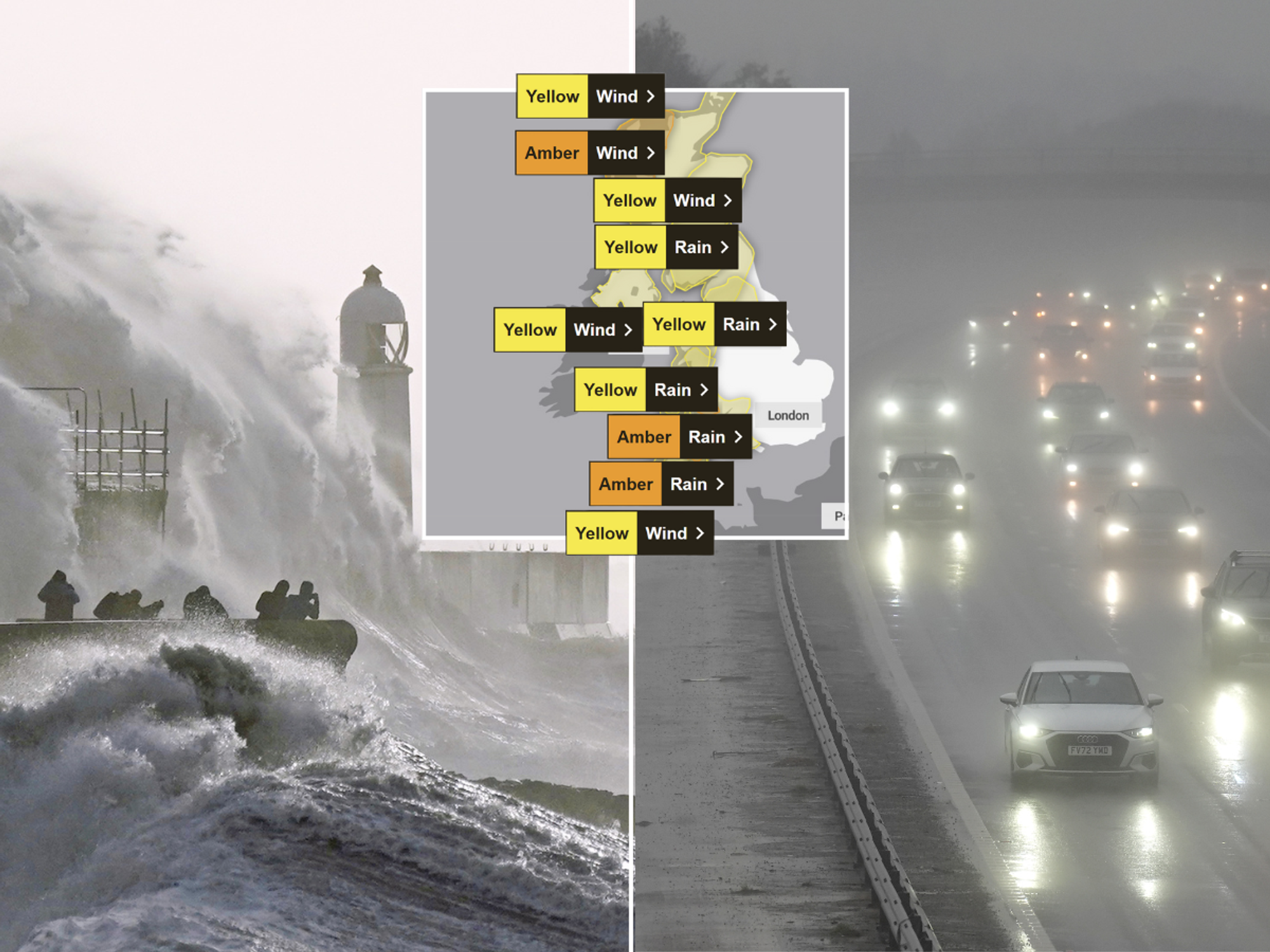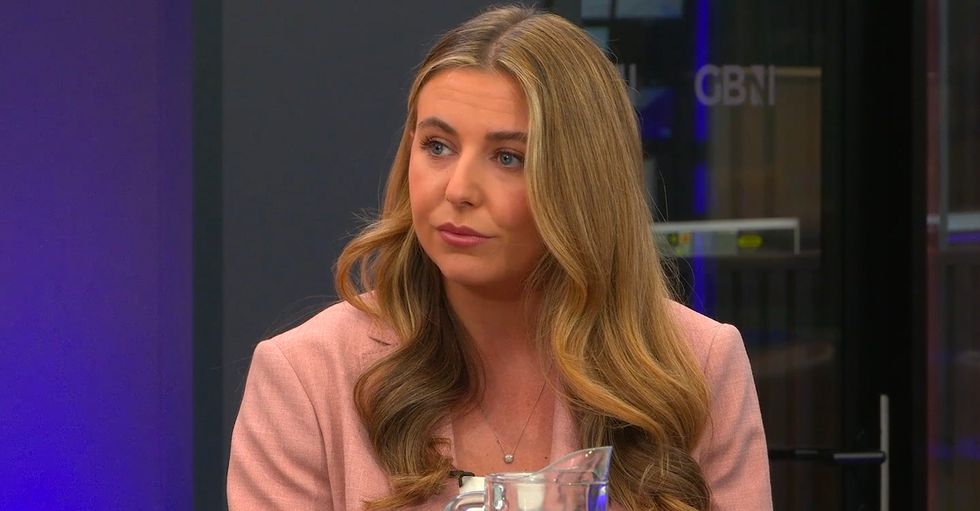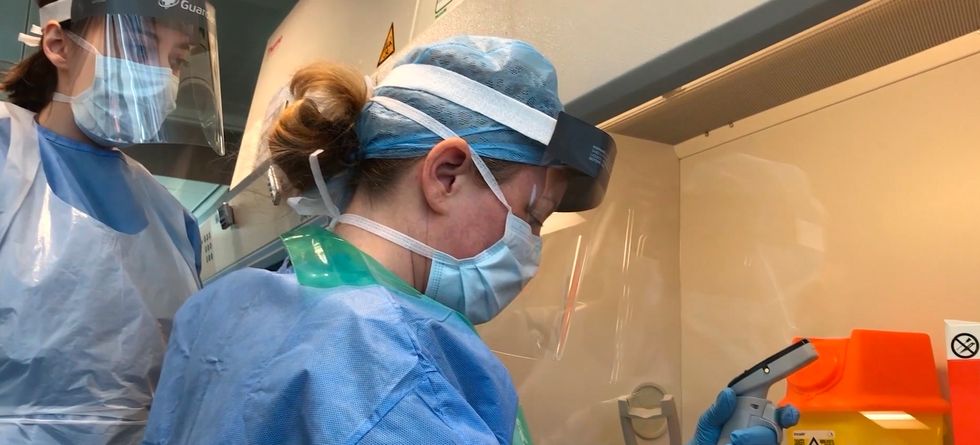Doctor advises parents with children suffering from symptoms to keep them at home amid hepatitis outbreak
Dr Frankie Jackson-Spence told GB News parents should take children with hepatitis symptoms to hospital immediately
Don't Miss
Most Read
Latest
Health officials are investigating a surge in hepatitis cases among children in the UK.
Dr Frankie Jackson-Spence said health officials still don't know why children are coming down with hepatitis in the UK.
Speaking to Eamonn and Isabel, she outlined the key symptoms of the illness and what to do if your child is suffering with any of these, with more than 140 infections reported in the UK.
She told us: "Parents can't do anything to prevent this apart from the usual hygiene habits we've picked up in the last couple of years.
"If your children is developing any sign of adenovirus, stay home from school or nursery for at least 48 hours until the symptoms have resolved."
Dr Frankie Jackson-Spence
GB News
She added: "Things like jaundice, which is yellowing of the skin and the yellowing of the whites of the eyes.
"Itching of the skin, tummy pain, particularly on the right hand side, but also dark urine and pale coloured stools.
"They're a little bit more specific for hepatitis."
– What is hepatitis?
“Hepatitis is inflammation of the liver. There are various causes of hepatitis, including viral infections and alcohol consumption,” said Dr Stephanie Ooi, a GP at the MyHealthcare Clinic in London.
“Some cases of hepatitis will resolve with no ongoing issues; however, there are certain cases that can be longer lasting, and cause more serious damage to the liver, and affect liver function.”
According to the NHS, hepatitis E – caused by the hepatitis E virus – is the most common cause of short-term (acute) hepatitis in the UK.
Health officials
GB News
– What are the symptoms?
According to the NHS, short-term (acute) hepatitis often has no noticeable symptoms, so you may not realise you have it.
If you do experience symptoms, Dr Ooi said: “You may notice a high temperature, jaundice (yellowing of the eyes and skin), fever, generally feeling unwell, dark-coloured urine and pale-coloured stool. In addition you may have tummy pain, have a reduced appetite and itchy skin.”
The NHS lists muscle and joint pain and feeling unusually tired all the time as further symptoms.
– What should parents and carers do?
“The number of cases of hepatitis in children is increasing, which is understandably causing some concern amongst parents,” said Dr Ooi. “The best thing to do is to see your GP if you notice any of the above symptoms, and are worried about hepatitis.
“Some of the symptoms can present in other conditions, so it does not necessarily mean your child has hepatitis – but jaundice in particular needs to be urgently highlighted to a doctor.”
Dr Meera Chand, director of clinical and emerging infections at the UKHSA, said: “Normal hygiene measures such as thorough handwashing (including supervising children) and good thorough respiratory hygiene, help to reduce the spread of many common infections, including adenovirus.
“Children experiencing symptoms of a gastrointestinal infection, including vomiting and diarrhoea, should stay at home and not return to school or nursery until 48 hours after the symptoms have stopped.”
– What are the treatment options?
Dr Ooi said: “The treatment will depend on what is causing the hepatitis, so this will vary. Your child will be assessed and monitored and have any further tests that need to be done.
“Treatment will also be based on symptoms, i.e. giving adequate pain relief if they are in pain or feeling uncomfortable.”
In very serious cases, sufferers might need a liver transplant.













